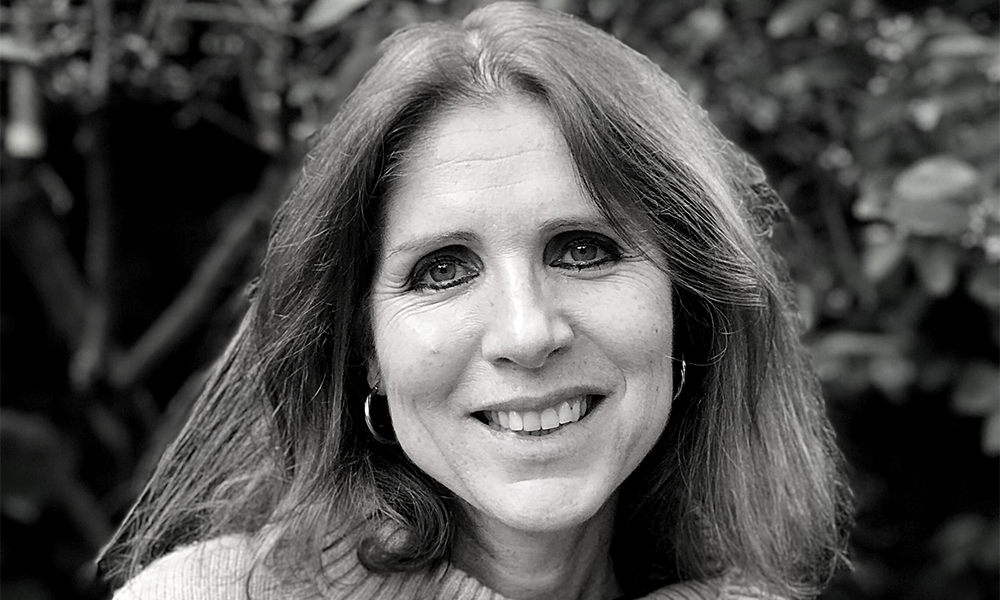Name: Sally McCutchan
Current Role & Organisation: Director of the Impact Investing Australia (ex-CEO of IIA), and member of the Australian National Advisory Board to the GSG
What was your first job?
Working at a “health” food takeaway in the city. Although not sure chips and schnitzel sandwiches really qualify as health food. Taught me a lot about dealing with customers and also swore me off frozen yoghurt for life. (A very bad story not for this publication!)
When did you know you wanted to work in finance/business?
My Dad was a Finance Director so finance was something that I was aware of growing up but it was never an area I specifically wanted to work in. I actually wanted to be a Doctor but got some very bad career advice around that and ended up doing an economics degree with a view to working in developing markets. This led me into finance, investment banking and funds management.
When did you first discover the concept of Impact Investing?
Just over 6 years ago. I had just come back from Singapore and a friend suggested that my desire to do more purposeful work combined with my investment background could fit well in a field called impact investing. He introduced me to Rosemary Addis and the journey began.
What was your greatest achievement as CEO of Impact Investing Australia?
I was lucky enough to work with some amazing people both in the team and across the sector so nothing I did, I did alone. Working together with Rosemary Addis and Sabina Curatolo, we lobbied for government funding of an Impact Investment Ready Fund which resulted in the DSS Sector Readiness fund (now administered by IIA). Our ask for a centralised focus for government around II resulted in the SII Taskforce.
Working alongside the other members of the SII Taskforce I would include its recommendations among my greatest achievements and I’m very much looking forward to those being publicly released and hopefully adopted by government
What was your greatest challenge?
No question – Funding. Funding the work of market building and advocacy is really difficult. I will always be incredibly grateful to our partners who stepped up to do this including Lord Mayors Charitable Foundation, Equity Trustees and particularly QBE who have supported us from the beginning.
What was the most interesting impact deal (from any team across Australia) in the past 12 months? I really like Energy Renaissance which received an Impact Investment Ready Growth grant in 2019 and has gone on to do a couple of raisings in the last 12 months.
Energy Renaissance designs, manufactures and sells lithium-ion battery storage products optimised for hot climates using proven technology and home grown IP. Construction on their manufacturing plant in regional NSW is scheduled to begin this month with full scale operations targeted for October. The project is expected to create around 720 jobs and accelerate Australia’s transition towards a clean energy future.
Name one high impact company (globally) that investors should keep their eye on?
I really like the model of Multiverse (UK) – Established in 2016, as White Hat and since rebranded, it has a mission of democratising access to the “best careers”. It aims to offer an alternative to university by recruiting and training young people as apprentices for roles in companies including Facebook, Google, Warner Music and BP. The approach consists of three main parts: a digital marketplace that matches candidates’ profiles with potential opportunities; access to coaching and educational resources; and a community similar to a university alumni network.
It now has over 300 corporate clients and many thousands of apprentices with a target of 10,000 by 2023. The corporates pay the training costs and also the apprentices so the model breaks down financial barriers to education. The program targets diversity outcomes particularly through the coaching process. Over half of those going through are people of colour and 57% are women with many going into tech roles.
What’s your vision for impact investing in 5 year’s time?
I’m hopeful that in 5 years time we will have stopped talking about a discrete market that is “impact investing”. By then I hope the conversation has turned to talking about the three pillars of mainstream investing as risk, return and impact. That most people are asking as a fundamental part of their investment decision making “What impact is my super having?” That we are not delineating “for-purpose” organisations but require positive impact as being part of business as usual for all organisations we transact with.

